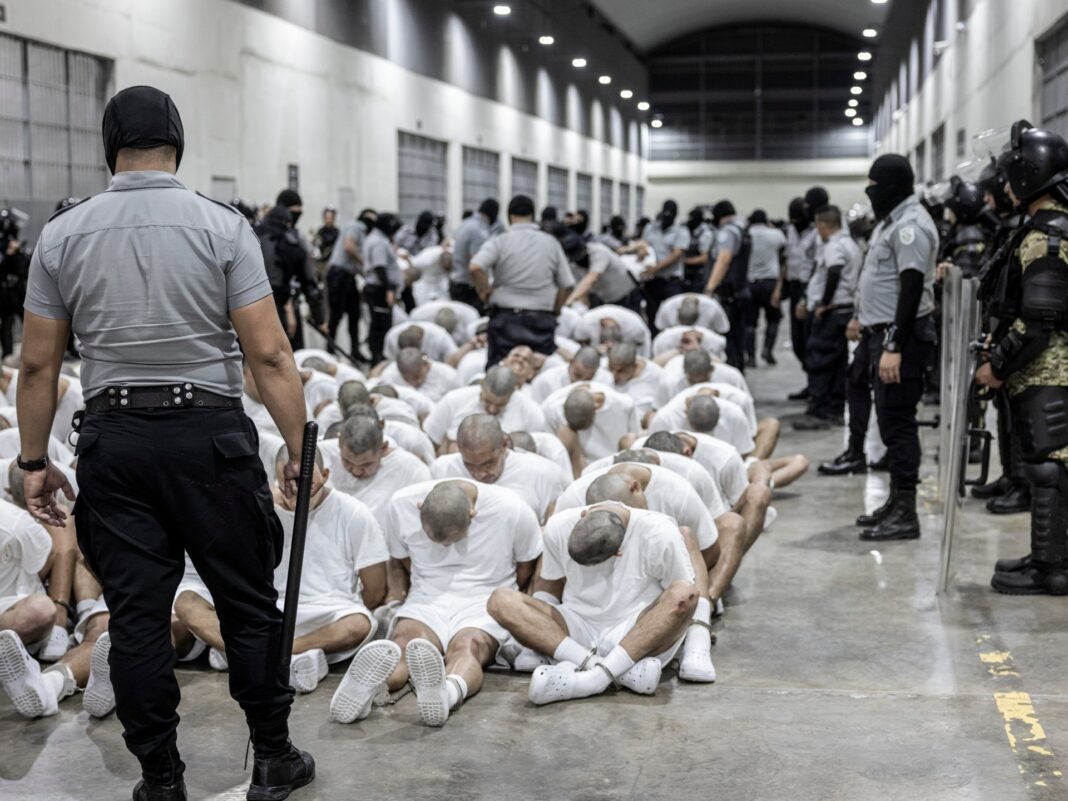Federal Court Upholds Legal Protections for deportees Under Historic 1798 Alien Enemies Act
A recent ruling by a U.S. federal judge has reinforced that Venezuelan nationals expelled to El Salvador under the seldom-used 1798 alien Enemies Act must be afforded the chance to legally contest their deportations and detentions. This decision directly challenges efforts by the Trump administration to accelerate removals without providing due process safeguards.
Reviving an Obscure Wartime Law for Modern Immigration Enforcement
In March, President Donald Trump invoked the Alien Enemies Act, a statute originating over two centuries ago, asserting that gang-related violence linked to Venezuela’s Tren de Aragua group constituted an invasion justifying expedited deportations. This unprecedented application of a historic wartime law quickly met judicial opposition.
Although Judge James Boasberg issued an injunction halting rapid expulsions under this act, two flights carrying 238 individuals had already departed U.S. soil en route to El Salvador before enforcement could intervene. The government refused court orders demanding recall of these planes mid-flight.
Court highlights Serious Due Process Concerns in Deportation Practices
Judge Boasberg later suggested that the government may have shown contempt for court directives by disregarding his rulings. Upon arrival in El Salvador, those deported were detained at CECOT prison-a facility designated for terrorism suspects-under agreements between both nations.
The judiciary uncovered substantial evidence indicating many detainees lack credible ties to Tren de Aragua and are instead imprisoned based on flimsy criteria such as tattoos or clothing resembling gang insignia.Boasberg underscored that these individuals “face incarceration abroad on insubstantial or even unfounded allegations.”
ensuring Access to judicial Review Is Essential
The judge condemned the administration’s refusal to provide immigrants with meaningful opportunities to challenge their removal before being forcibly sent overseas. He ordered that affected persons must now receive proper legal hearings aligned with constitutional protections-procedures previously denied.
“absent this relief,” Boasberg warned, “the government could arbitrarily detain anyone within its borders and transfer them abroad without any effective remedy.” While his order did not mandate return of those already deported, it affirmed their right to pursue legal challenges from abroad.
Continuing Legal Disputes Over Application of Alien Enemies Act
The Supreme Court has previously ruled that individuals removed under this statute are entitled to opportunities for judicial review and temporarily blocked some planned expulsions invoking it. Simultaneously occurring, appeals remain active in lower courts; three federal judges in New York, Texas, and Colorado have declared Trump’s use unlawful while one pennsylvania judge upheld its executive authority scope.
Bigger Picture: Immigration Policy Amidst Systemic Challenges
This legal battle unfolds amid President Trump’s broader campaign promising mass removal of non-citizens accused of criminal activity but facing notable obstacles including litigation delays and overwhelmed immigration courts nationwide-which currently handle over 1 million pending cases according to recent Department of Justice figures (2024). Critics argue these systemic backlogs motivated attempts at bypassing standard procedures through expedited measures like resurrecting archaic laws lacking adequate protections.
A Contemporary Analogy: Balancing Urgency with Legal integrity in Immigration Enforcement
This scenario is akin to navigating treacherous waters during a storm using outdated nautical charts-while urgency is understandable given public safety concerns about organized crime infiltrating communities across states such as Florida and California (FBI data reveals gang-related arrests rose by 12% in 2023), adherence to established legal frameworks remains crucial for safeguarding individual rights alongside national security objectives.





